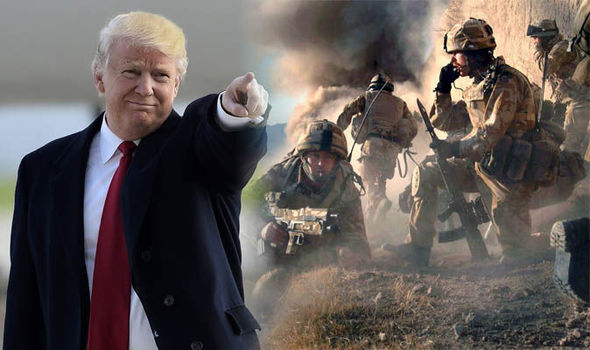
 How is this possible? Because except for the families whose sons and daughters come back maimed, traumatized, or dead, barely anyone in the United States is paying attention.
How is this possible? Because except for the families whose sons and daughters come back maimed, traumatized, or dead, barely anyone in the United States is paying attention.
It is hard to exaggerate how politically irrelevant the Afghan war has become. Donald Trump did not mention it in his convention acceptance speech. He did not mention it during his three debates with Hillary Clinton. It in his big foreign-policy speech last August in Youngstown. He did not mention it in his speech to a joint session of Congress. And it’s not just Trump.
Which is lucky for Trump. Because if more Americans were paying attention, they’d realize that the war he’s escalating is pretty close to hopeless. Since most U.S. troops left the country in 2014, the Taliban has been rapidly gaining ground. In November 2015, according to the federal government’s Special Inspector General for Afghanistan Reconstruction, the Afghan government controlled 72 percent of the country’s districts.
The Taliban source of revenue

At best, maintaining America’s gains in Afghanistan requires war as far as the eye can see.
That’s unlikely to change. Russia and Iran are America’s adversaries. They don’t want a permanent American military presence—supported by a strong, stable, U.S. client—on their border. Pakistan’s leaders worried about Afghanistan becoming a client of the United States. Supporting the Taliban keeps New Delhi from consolidating its influence in Pakistan’s backyard.
Escalation doesn’t only mean more dead, injured, and psychologically scarred Americans. It also means a substantial financial expense. According to the Watson Institute at Brown University, Afghan war has already cost three-quarters of a trillion dollars. And it will cost an additional $40-$50 billion more in fiscal year 2017.
News Source: "Theatlantic"

Leave Your Comments